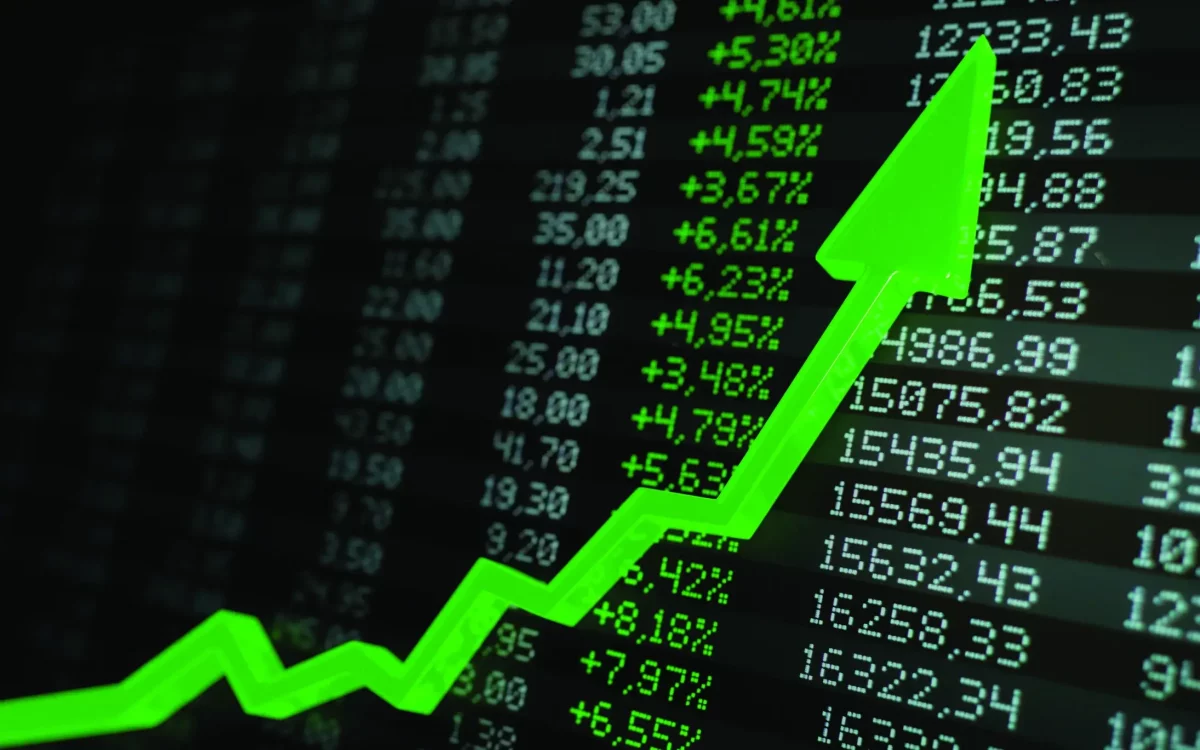The Next Crypto Boom? QCP Hints at Rising Opportunities Amid Central Bank Easing
26.09.2024 13:30 2 min. read Alexander Zdravkov
In its latest daily report, QCP highlighted that the macroeconomic environment for cryptocurrencies and other risk assets is showing signs of improvement.
QCP pointed out that stimulus measures by central banks, particularly in China, could provide a boost to the crypto market. The People’s Bank of China has introduced several policies aimed at reviving the sluggish property and stock markets, including a notable 500 billion yuan swap facility to help non-bank financial institutions purchase shares. These actions led to an 8% rise in China’s A50 futures contracts.
The report suggests that the People’s Bank of China will likely continue its easing policies, while the U.S. Federal Reserve may soon join other global central banks in cutting interest rates.
Many central banks, aside from Japan’s, are reportedly preparing to inject more liquidity into the market, creating a favorable climate for risk assets. Additionally, the widening gap between the U.S. 2-year and 10-year Treasury yields, now at 21 basis points, signals positive economic growth prospects, typically benefiting risk assets over the medium to long term.
Political discussions surrounding artificial intelligence and digital assets in the U.S. have also driven interest in riskier assets. Following U.S. Vice President Kamala Harris’ assertive remarks on AI and digital currencies during recent fundraising events, tokens tied to AI have seen a resurgence.
Moreover, the SEC’s approval of IBIT Bitcoin ETF options trading indicates growing acceptance and demand for digital assets. While QCP acknowledges that specific drivers for immediate cryptocurrency gains are currently absent, improving macroeconomic conditions could propel prices upward over the long term.
The report emphasized that crypto markets are known for their volatility and sudden bullish surges, which could leave investors unprepared for potential opportunities.
These developments suggest that cryptocurrencies may benefit from broader macroeconomic trends, potentially leading to a new phase of growth in the near future.
-
1
What Brian Armstrong’s New Stats Reveal About Institutional Crypto Growth
29.06.2025 15:00 2 min. read -
2
Vitalik Buterin Warns Digital ID Projects Could End Pseudonymity
29.06.2025 9:00 2 min. read -
3
Donald Trump Signs “One Big Beautiful Bill”: How It Can Reshape the Crypto Market
05.07.2025 9:56 2 min. read -
4
Toncoin Launches UAE Golden Visa Program Through $100,000 Staking Offer
06.07.2025 12:04 2 min. read -
5
Federal Reserve Chair Jerome Powell Reportedly Weighing Resignation
12.07.2025 21:00 2 min. read
Stablecoins Now Used in Credit Cards, Putting Bank Deposits at Risk
Stablecoins are no longer just a crypto-native tool—they’re reshaping financial access, payments, and even central banking dynamics.
BitGo Files Confidentially for IPO With SEC
BitGo Holdings, Inc. has taken a key step toward becoming a publicly traded company by confidentially submitting a draft registration statement on Form S-1 to the U.S. Securities and Exchange Commission (SEC).
Crypto Greed Index Stays Elevated for 9 Days — What it Signals Next?
The crypto market continues to flash bullish signals, with the CMC Fear & Greed Index holding at 67 despite a minor pullback from yesterday.
U.S. Public Pension Giant Boosts Palantir and Strategy Holdings in Q2
According to a report by Barron’s, the Ohio Public Employees Retirement System (OPERS) made notable adjustments to its portfolio in Q2 2025, significantly increasing exposure to Palantir and Strategy while cutting back on Lyft.
-
1
What Brian Armstrong’s New Stats Reveal About Institutional Crypto Growth
29.06.2025 15:00 2 min. read -
2
Vitalik Buterin Warns Digital ID Projects Could End Pseudonymity
29.06.2025 9:00 2 min. read -
3
Donald Trump Signs “One Big Beautiful Bill”: How It Can Reshape the Crypto Market
05.07.2025 9:56 2 min. read -
4
Toncoin Launches UAE Golden Visa Program Through $100,000 Staking Offer
06.07.2025 12:04 2 min. read -
5
Federal Reserve Chair Jerome Powell Reportedly Weighing Resignation
12.07.2025 21:00 2 min. read


